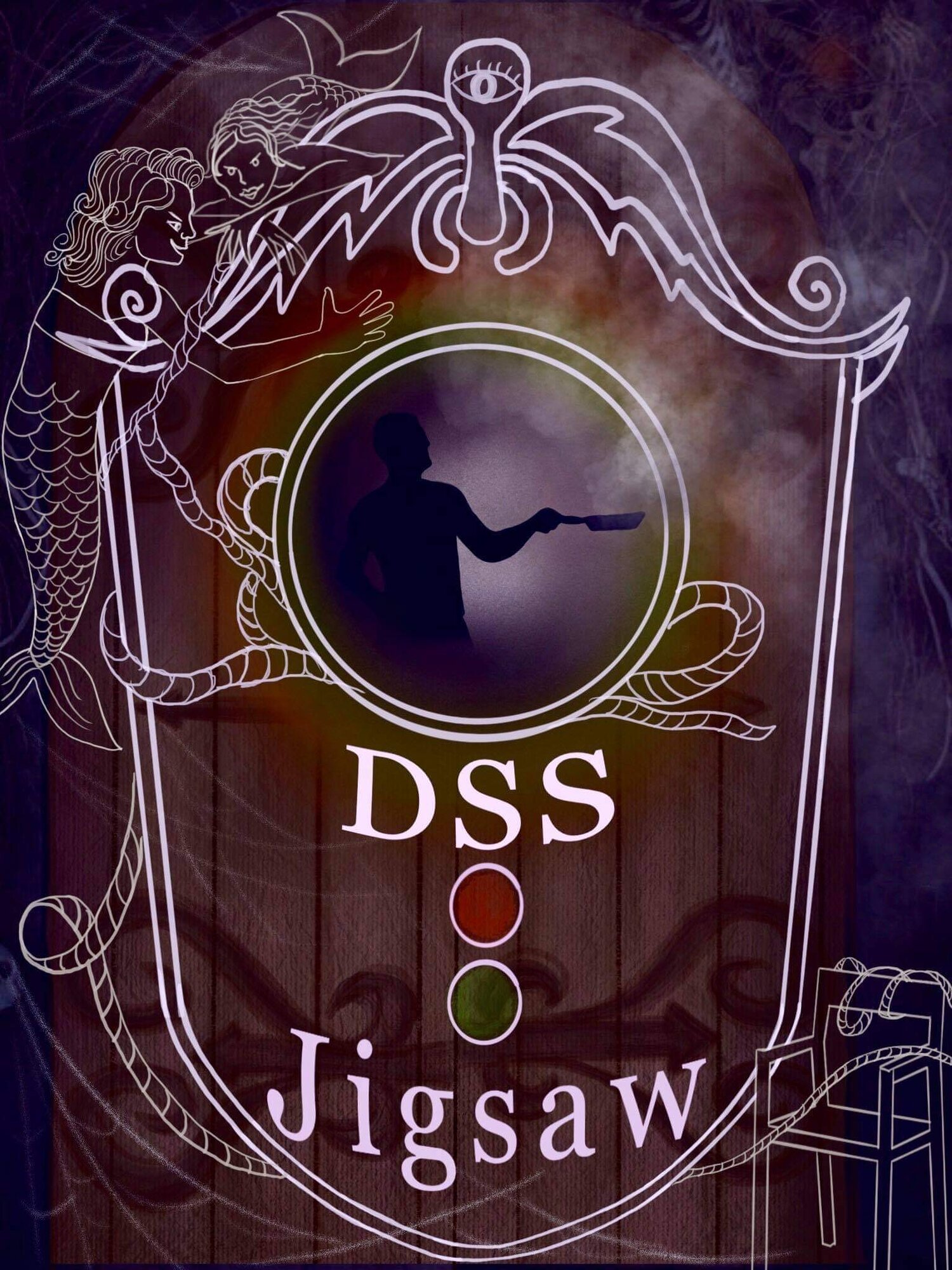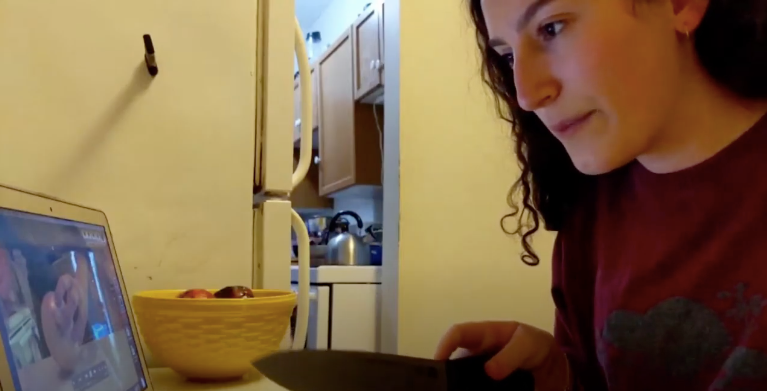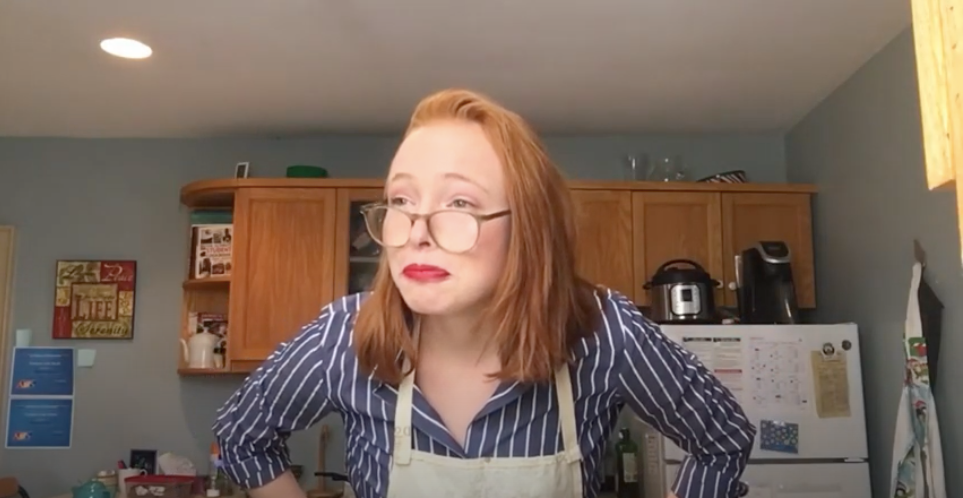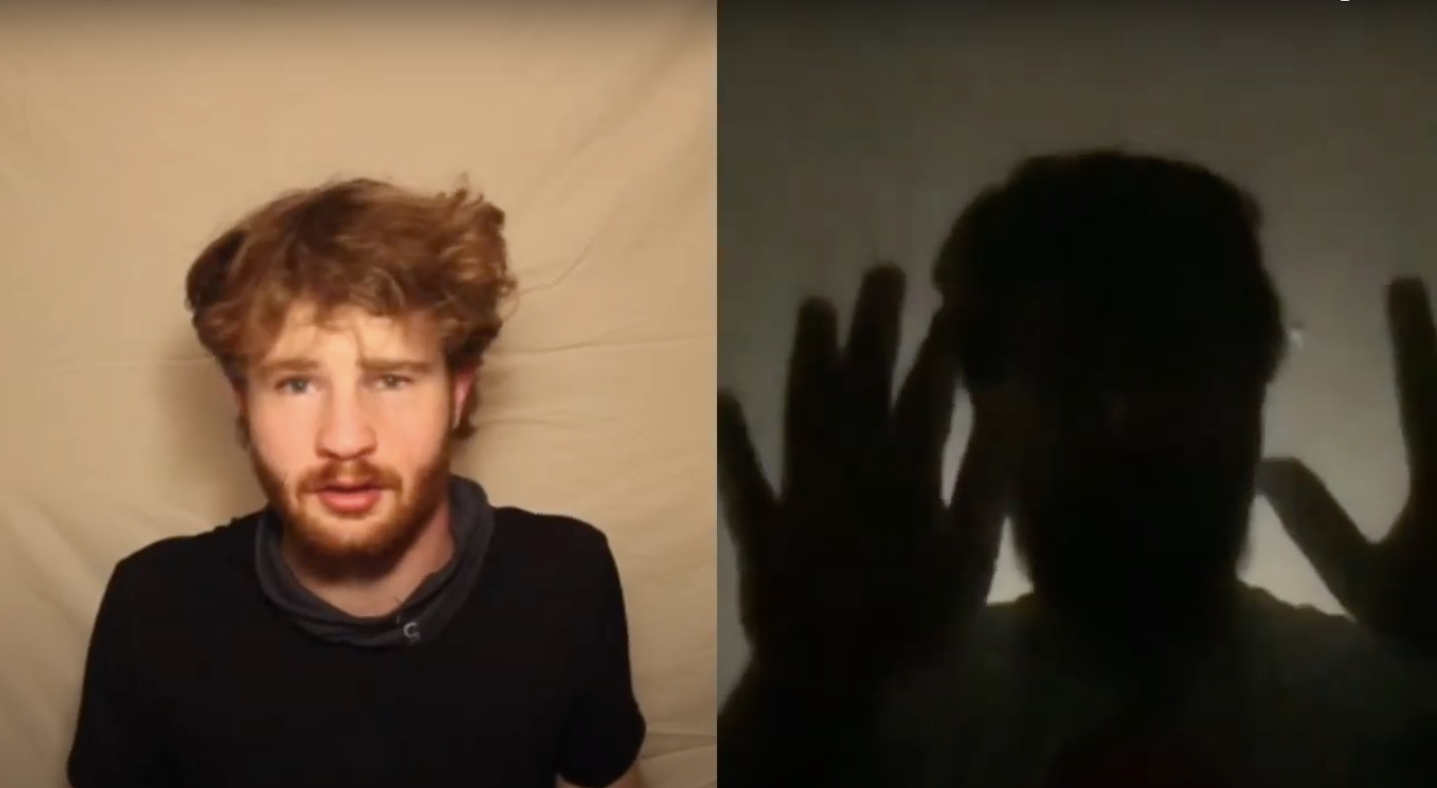DSS: Jigsaw; Hilarity, Sombreness and Curiosity Unfolds Virtually

On March 3rd, the Dan Studio Series produced its winter installment, DSS: Jigsaw. DSS, a staple of the Queen’s student theatre community, is known for producing innovative student-written pieces of theatre.
Seeing as DSS had already been produced virtually during the fall semester which KTA reviewed, there were clear aspects that DSS was able to innovate and progress upon based on the ubiquitous learning curve that creatives faced while adapting to a virtual environment last semester. For example, in its fall installment, during one segment, DSS experimented with audio drama with photos, which ultimately struggled to engage audiences. Despite this, I applaud the ambition and innovation of daring approaches to theatre, no matter the result. This semester, the show was limited to three plays, all with vastly different tones and thematic concerns which helped to create a thoroughly entertaining evening.
Similar to last semester, the pre-show began with a slideshow of the Cast, Creative, and Crew of DSS as well as Producer Notes. As I stated in my review of the fall installment, I love this as it really helps viewers become immersed in the show and create a strong sense of engagement from the start. From here, producers Caroline Anber and Mary Tooley orated an incredibly thorough and impressive land acknowledgment, discussing their own biases and role as white settler women creating art in Canada. Like the last semester, a portion of ticket sales from the show will be donated to the Residental School Survivor’s Society, an organization providing a variety of services and resources to survivors of Residental Schools. Furthermore, Anber and Tooley also gave a trigger warning for the play, further demonstrating the inclusivity and accessibility that DSS is seemingly always able to prioritize.

The performance began with Presence, created by Jacob Loat and directed by Dean Arnott and Samara Prenick. The first iteration of Presence lasted only a few minutes long and followed the rather mundane university life of DSS performer, Samara Prenick. When the first iteration abruptly ended, I was confused, assuming that was the entirety of the play. However, Presence had two more iterations before finally revealing its narrative as the last play of the three. I was fascinated by the notion of scattering a play into segments through Jigsaw, and I felt that it worked phenomenally well. Not only did it leave viewers constantly wanting more of Presence, but it also helped audiences to ponder the contents of the play to a much greater extent. Presence ultimately dealt with an imaginary presence lurking throughout Samara’s day-to-day life. I love how despite the company of a monster, the play veered away from leaning into horror tropes. I felt that the “monster” was symbolic of our own personal demons that can often haunt us in our daily lives, whether that be mental illness, grief, loneliness, or whatever emotions university students are often subjected to, especially in the midst of a pandemic. Presence felt like the most relevant of all the productions, in the sense that it felt like the show addressed the sombreness of the pandemic without directly stating it. In a rather adorable moment, Presence concluded with a masked bow of its team, revealing the obstacles that virtual theatre can be subjected to, yet can consistently overcome.

From the grave and introspective atmosphere that Presence created, DSS shifted to Bad At This, a comedic play created by Brayah Pickard. Bad At This followed a cooking show host, effortlessly played by Evelyn Poole who was throwing a contest to prove the worst cook and biggest culinary fail. Bad At This provided simple, unabashed entertainment. Evelyn Poole emerged as the star of the play, creating a character somehow a perfect mix between Julie Andrews and Julia Child. The contest cycled through a slew of different contestants from Cupcake Crush to Ramen Noodle Guy to Microwave Arsonist. Easily the most entertaining of the three, Bad At This felt escapist, relatable, yet was well-executed and incredibly well-performed. The entirety of the cast was equipped with impressive comedic timing and strong characterizations. Whether it was frying chicken in vinegar, or eating raw beef, or literally burning your house down, the anecdotes were absolutely delightful to listen to. However, I did notice that some shots and clips in the performance used specific camera angles and were edited. In this sense, the performance read as closer to film than filmed theatre through its manipulation of the camera.

From Bad At This, DSS pivoted to Siren, created by Leah Jadd. Siren tells the story of Alec, played by Hamish Hutchison-Poyntz, who is taken hostage by Lola, played eerily and expertly by Emily Lostracco, resembling a creepier version of Nurse Ratched from One Flew Over the Cuckoo’s Nest. Alec was routinely given a series of judgment tests, where he was asked to press the green or red button. While I appreciated the themes of fate versus destiny, I found myself wanting more from the show, I wanted to be surprised. However, I was thoroughly impressed by Lostracco’s performance, displaying an impressive commitment to her character. I felt that Siren had a ton of thematic potential in terms of fate and destiny, and freedom and free-will, it just failed to fully explore such topics.
Whether it was the sombreness of Presence, or the hilarity of Bad At This, or the curiosity of Siren, DSS: Jigsaw effectively created theatre full of varying themes and experiences, proving how the joy of theatre can beautifully translate, even from the comfort of our screens.
